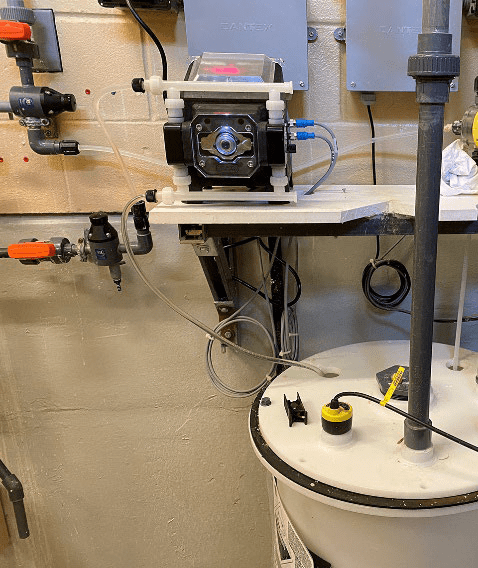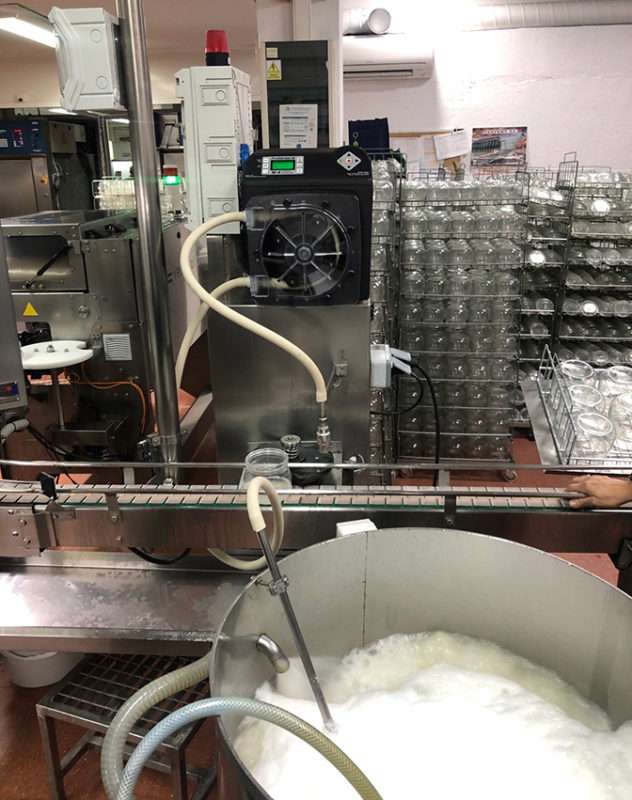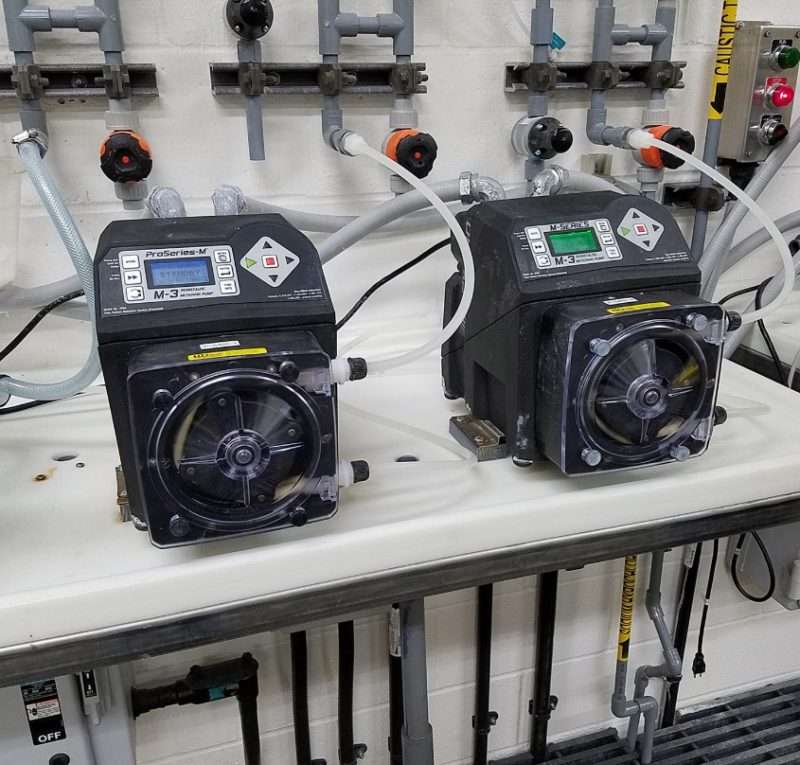Chemical Metering Pumps
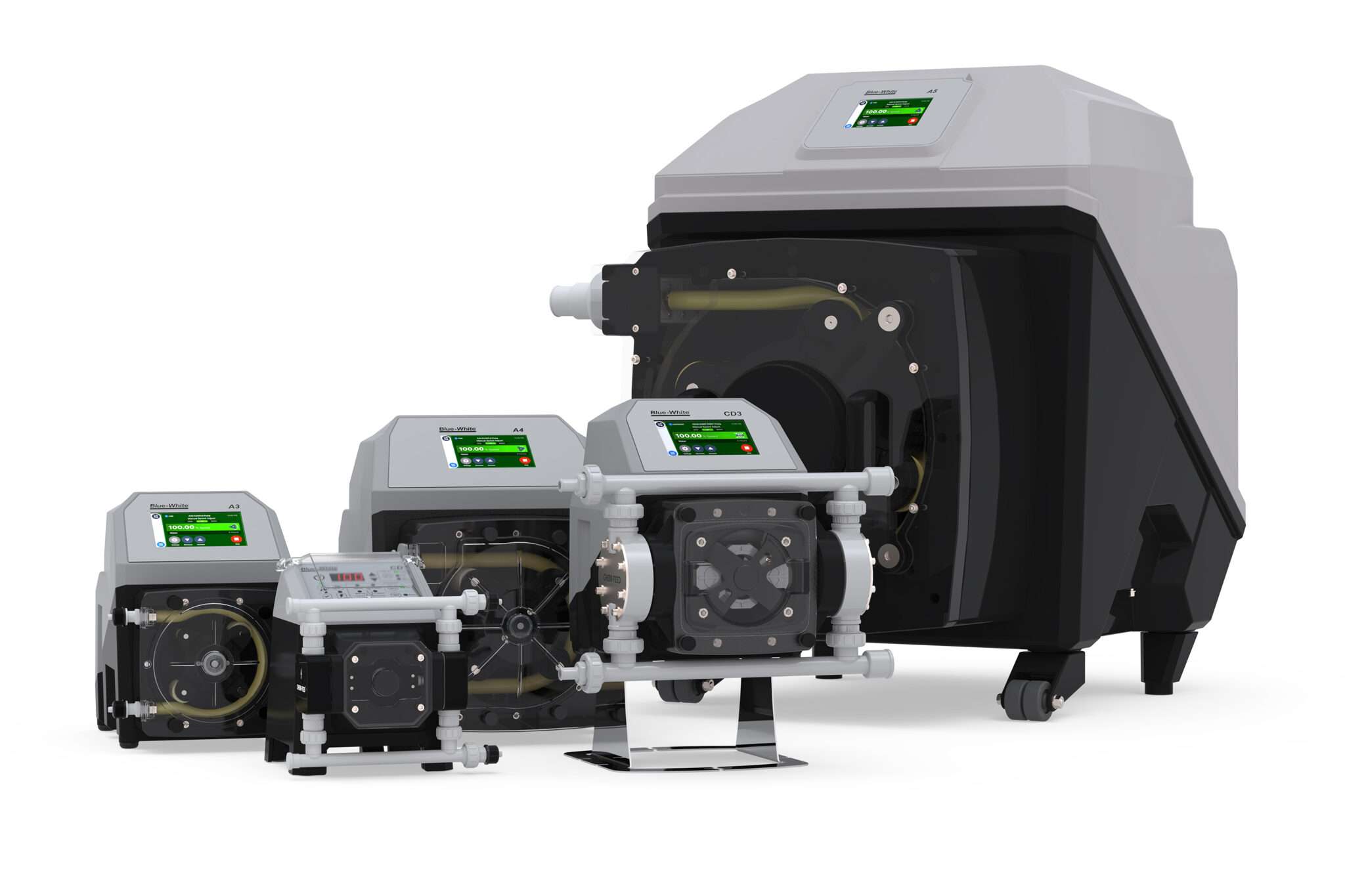
Blue-White® Chemical Metering Pumps
Blue-White® Chemical Metering Pumps are constructed with over 65 years of engineering experience and offer high-performance capabilities for a wide range of processes.
Whether you’re dealing with industrial or municipal water treatment, pool and spa sanitation, oil and gas production, power generation, or food and beverage production, our technical and support teams have the tools and resources to help you overcome your fluid challenges.

Explore Chemical Metering Pump Technologies
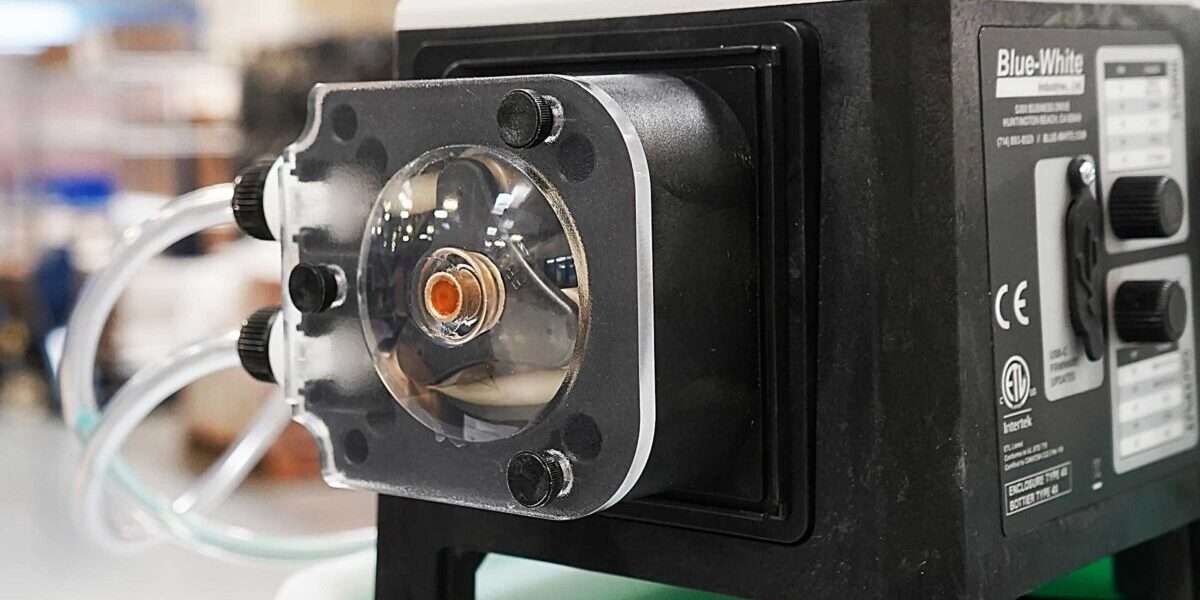
Peristaltic Pumps
These self-priming, low-maintenance metering pumps offer a gentle, low shear pumping action with suction lift capabilities of up to 30 feet of water.
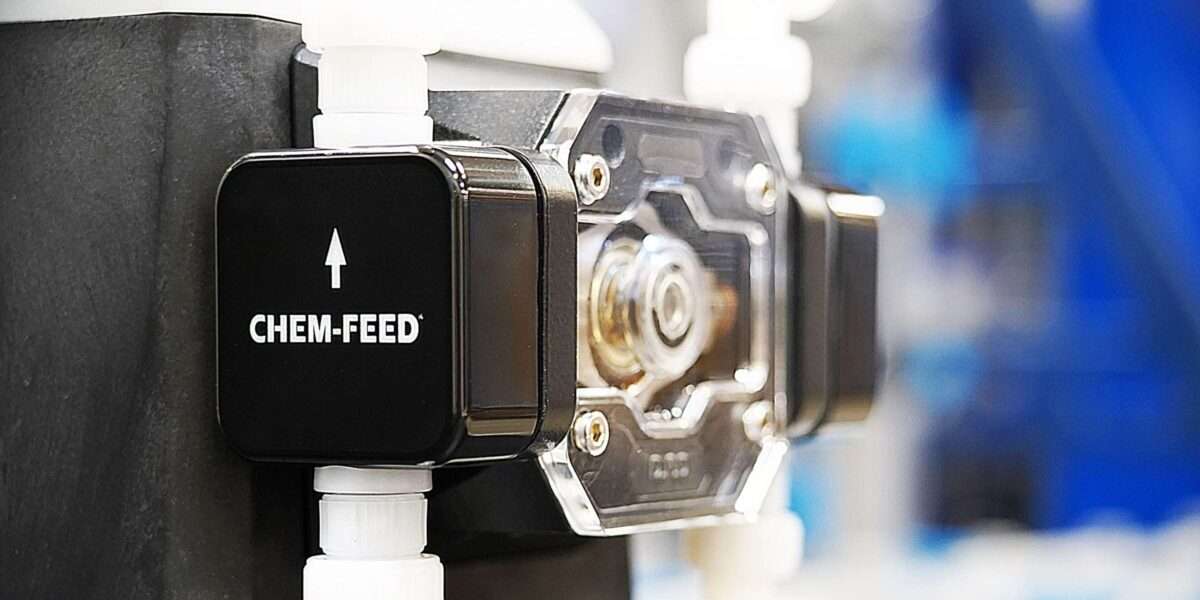
Diaphragm Pumps
Diaphragm pumps offered by Blue-White Industries are designed for precision chemical metering against high pressures.
Customer Testimonial
I benefit from Blue-White pumps because that’s the one part of the plant I don’t have to worry about. I have supported more than 300 plants, and I have never been called about the Blue-White pumps.
William Tait Stahl
Technical Support Manager MMBR Systems | Austin, TX
Chemical Metering Pumps FAQ
Chemical metering refers to the transfer of chemicals to a process in a way that is consistent and repeatable.
Chemical metering pumps (dosing or chemical pumps) are positive displacement pumps designed to allow the user to manually or automatically change the dosing capacity or the amount of liquid transferred from one point to another. They’re a particular type of pump used for precise and repeatable transfer of various fluids. Metering pumps differ from transfer pumps, which simply move liquid from one place to another, where precision or repeatability is not the focus.
The primary sectors that buy and use metering pumps are:
- Power production
- Food and beverage production
- Treatment of potable water and wastewater
- Processing of chemicals and petrochemicals
- Agriculture/Irrigation
- Oil and gas production
- Treatment of industrial process water (cooling towers and boilers)
Chemical metering pumps typically consist of the following basic components:
- Motor or Drive Unit
- Liquid End
- Pump Head
- Drive Mechanism
- Flow Adjustment
- Control System
There are several types of chemical metering pumps available on the market. Some of the most common types include:
- Diaphragm metering pumps: These pumps use a diaphragm to push the chemical solution through the discharge valve and into the process stream. Diaphragm pumps excel at overcoming high system pressures.
- Piston metering pumps: These pumps use a piston to push the chemical solution through the valve and into the process stream. Piston pumps can deliver high pressure and flow rates, but they can be more complex and expensive than diaphragm pumps.
- Peristaltic metering pumps: These pumps use a rotating roller to squeeze a flexible tube and push the chemical solution through the discharge fitting and into the process stream. Peristaltic pumps are highly accurate, easy to maintain, and can handle a wide range of chemicals. Peristaltic pumps excel at pumping against low system pressure at low motor speeds.
- Solenoid metering pumps: These pumps use an electromagnetic solenoid to push the chemical solution through the valve and into the process stream. Solenoid pumps are highly cost-effective, but they are susceptible to vapor lock issues when pumping chemicals that off gas.
